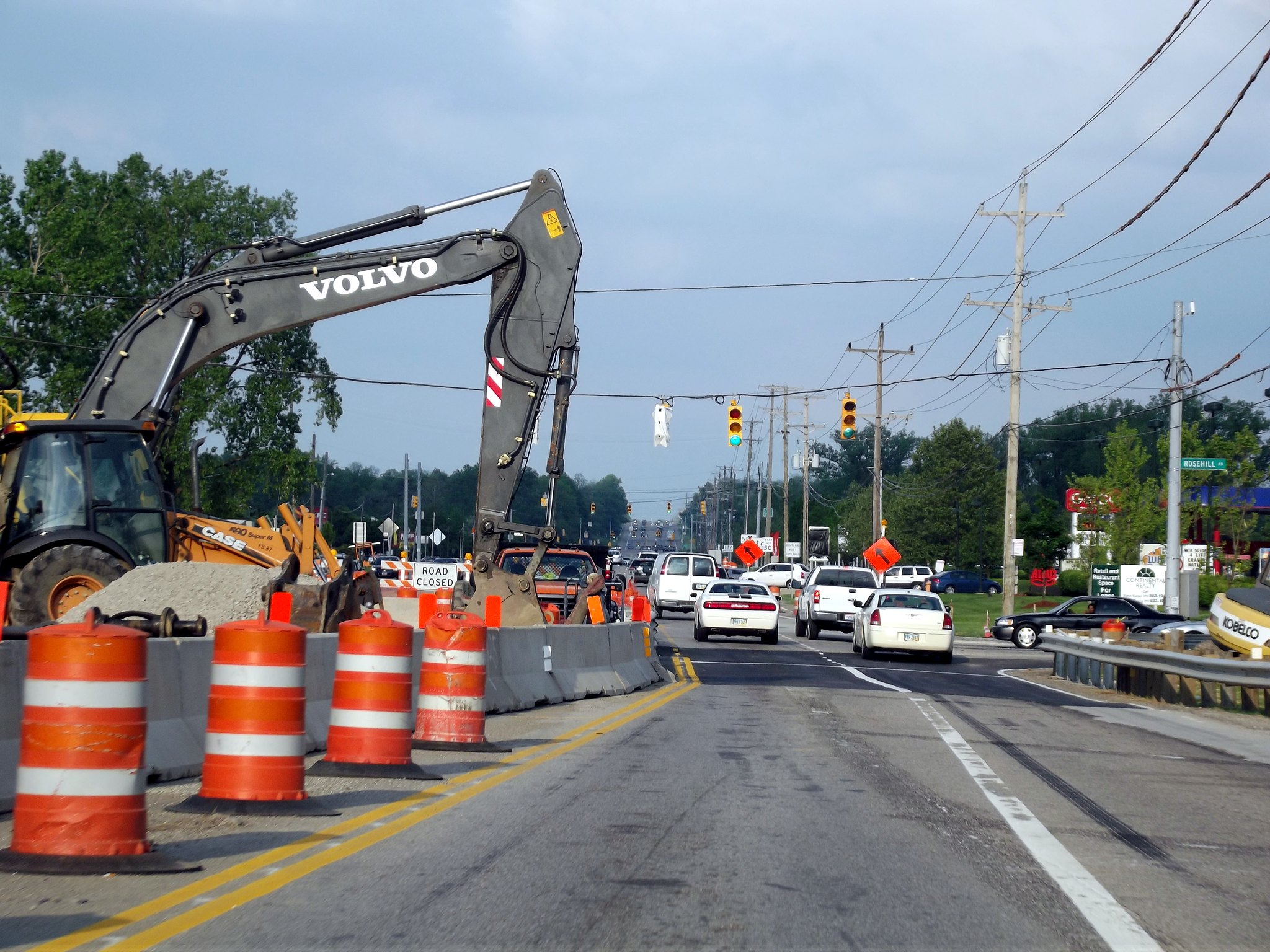A bill that would determine prevailing wage rates for large building and highway construction based on “dominant collective bargaining agreements” will likely be voted on by the legislature during special session.
Although much attention has been paid to a number of other bills up for vote, An Act Codifying Prevailing Wage Contract Rates could impact the cost of large-scale public building projects and highway construction in Connecticut.
Gov. Ned Lamont referred to “Providing greater protection for employees in occupations engaged in construction on certain non-residential building, heavy, or highway works projects in Connecticut,” as one of the issues to be considered during special session.
Connecticut’s prevailing wage laws establish a base wages and benefits that must be paid to employees working on public projects that are estimated to cost over $1 million, regardless of whether or not the employees are unionized.
The prevailing wage rate is determined yearly by the Connecticut Department of Labor Commissioner based on hearings held to determine the prevailing wage in a particular town or wage rates determined by the United States Secretary of Labor under the Davis-Bacon Act.
However, the prevailing wage bill – originally Senate Bill 350 – would add in that the prevailing wage shall be determined by “the dominant collective bargaining agreement,” in a municipality that has more than one collective bargaining agreement in effect for each trade or occupation involved in a project.
Labor leaders and Department of Labor Commissioner Kurt Westby testified in support of the bill before the Labor and Public Employees Committee in March, saying the measure was necessary to allow Connecticut to determine prevailing wage rates rather than waiting on guidance from the U.S. Department of Labor.
CT AFL-CIO President Sal Luciano also expressed concern that changes to U.S. DOL’s methodology for determining wage rates could be “made to artificially drive down wages.”
“SB 350 will protect our state’s construction industry from mismanagement within the U.S. DOL and from any attempts to artificially drive down wages,” Luciano testified.
Municipal organizations, however, are concerned the changes could drive up costs for municipalities, the state and taxpayers.
The Connecticut Council of Small Towns warned in an email and in testimony that side-stepping the U.S. DOL and use of a “Union Dominance Rate” would drive up taxpayer costs.
“Under this proposal, prevailing wage rates must be in lockstep with wage rates dictated by union contracts, which will significantly increase costs for state and municipal projects,” COST Executive Director Betsy Gara wrote in an email.
The Connecticut Conference of Municipalities also said they believed the change could increase construction costs for municipalities and asked that a fiscal analysis be conducted before they could offer any support.
In her testimony before the Labor and Public Employees Committee in March, Gara cited the Connecticut Office of Legislative Research, which found that Massachusetts and New York both set prevailing wage rates based on collective bargaining agreements, rather than the U.S. DOL.
Both Massachusetts and New York’s prevailing wage rates were generally higher, although for some trades the rates the rates were lower in different localities. OLR wrote that discounting electricians, “Connecticut’s rates range from $12.64 to $18.01 less than the highest rates paid to a particular occupation.
Municipalities successfully lobbied to have the prevailing wage threshold for new municipal projects raised from $400,000 to $1 million in 2017, saying the state mandate inflates the costs and prevents municipal leaders from obtaining the best price for construction. The new threshold however, does not apply to renovation work.
The Office of Fiscal Analysis wrote that the change in the prevailing wage threshold would result in “significant savings to the state and municipalities primarily in bond funds (debt service payments) for new construction and renovation projects valued below these thresholds.”
SB 350 was passed out of committee on March 10 just before the legislature shut down due to the pandemic and is now being brought back to life in special session with some possible changes, according to sources.
Senate Republican Leader Len Fasano, R-North Haven, criticized the calling of a special session to pass bills that he said could easily wait until the 2021 legislative session.
“Based upon this agenda, there is no need for a special session right now when nearly all of these bills could wait for the regular session to allow for more thought and public input,” Fasano said in a press statement. “I am honestly surprised that Democrats want to bring so many people to the building to vote on bills that are not fully vetted by the public and that can wait for the regular session.”


Tim shepard
October 2, 2020 @ 12:21 pm
Prevailing wages are not prevailing and that should be acknowledged.
Clearly tacking them to union wages Will at least keep the the topic honest.
There must be a name change to “ prevailing union wages”, and a statement that ct municipal projects are not covered under“right to work” laws.